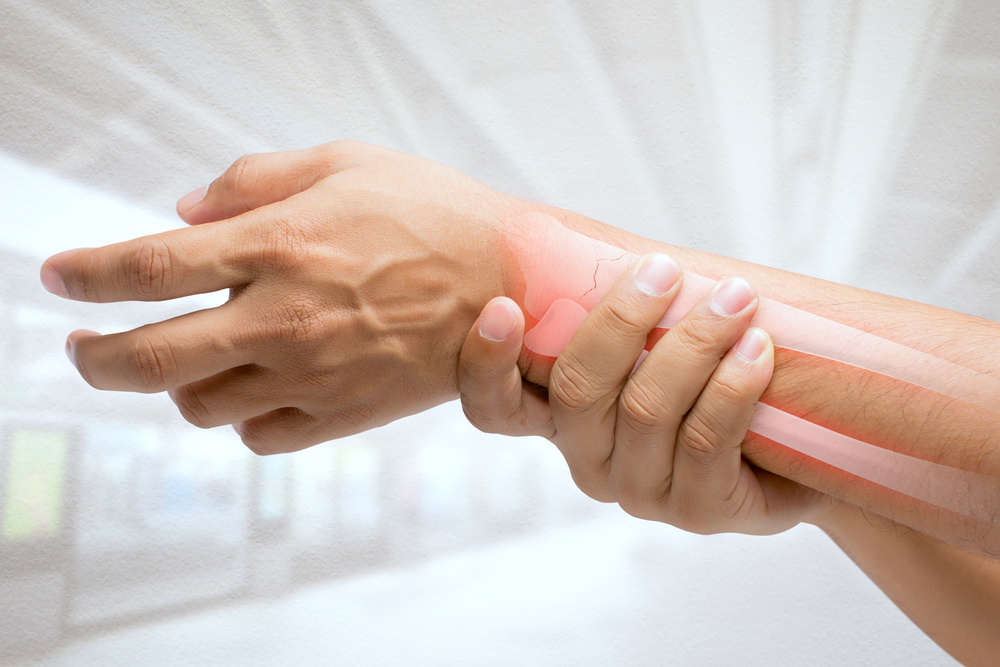
If you have osteoporosis, your body suffers from extremely fragile and less dense bones. While the leading cause of osteoporosis is aging, other factors include menopause and lack of Vitamin D and calcium.
This severe health condition dramatically affects the bones and has a negative relationship with your oral and dental health. If you have osteoporosis, read on to learn more about how it can harm your dental health too.
Osteoporosis Risk Factors
Osteoporosis causes bones to become weak and brittle. So brittle that a fall or even minor stresses such as coughing can cause a bone fracture. Osteoporosis affects both males and females of all races, especially older women who are past menopause and at the highest risk category.
Several risk factors can increase the likelihood that you will develop osteoporosis, including:
Age – The older you get, the higher your risk of developing osteoporosis.
Race – White and Asian descent are at a heightened risk.
Sex – Women are much more likely to develop osteoporosis than men.
Family History – If you have a parent or sibling with osteoporosis, you’re at a greater risk.
Size – Men and women with small framed bodies tend to have a higher risk because they may have less bone mass to draw from as their bodies age.
Hormone Levels – More common in people with too much or too little of certain hormones in their bodies. This includes sex hormones, thyroid problems, and overactive parathyroid and adrenal glands.
Dietary Factors – People with low calcium intake, eating disorders, or gastrointestinal surgery are at a higher risk for early bone loss and an increased risk of fractures.
Medical Conditions – Certain medical problems put you at high risk if you have celiac disease, inflammatory bowel disease, kidney or liver disease, cancer, lupus, multiple myeloma, rheumatoid arthritis.
Lifestyle Choices – Bad habits can also increase your risks, including excessive alcohol consumption, tobacco use, and those who are inactive.
Symptoms of Osteonecrosis of the Jaw
Osteoporosis has a significant impact on the part of the jawbone supporting the teeth. Studies show that a loss in this bone is most likely to cause tooth loss or mobility. Damage to your jawbone can also trigger dental and oral health issues, including gum or periodontal disease and loss of teeth.
Symptoms include, but are not limited to:
- Pain, swelling, or infection of the gums or jaw
- Injured or recently treated gums that are not healing with time
- Loose teeth
- Numbness or feeling of heaviness in the jaw
- Exposed bone
If you develop any of these symptoms after dental treatment, contact your dentist, general physician, or oncologist right away.
Communicating Medication Conditions With Your Dentist
The mouth is more connected to the body than you might think – and a variety of conditions have an impact on your oral health – and vice versa. Always tell your dentist all medications that you are currently taking so that they can be aware of potentially harmful side effects like dry mouth.
How To Best Avoid Dental Issues With Osteoporosis
The best way to prevent any dental issues if you have osteoporosis is to avoid delaying or postponing dental treatments. Regular dental visits are essential in correcting problems in oral and dental health caused by weak bones. A healthy lifestyle is necessary for strengthening and maintaining good bone health.
Practical tips in optimizing bone health include:
- Eating a well-balanced diet
- Consuming high amounts of Vitamin D and calcium
- Performing regular physical activities to keep your body strong
- Avoiding excessive smoking and alcohol consumption
We’re here to help you avoid any permanent damage to your teeth and jaw bone if you have osteoporosis. Scheduling routine cleanings and exams with Hinsdale Dentistry will help keep your teeth as healthy as possible while learning to manage and live with osteoporosis. Contact us today to schedule an appointment.